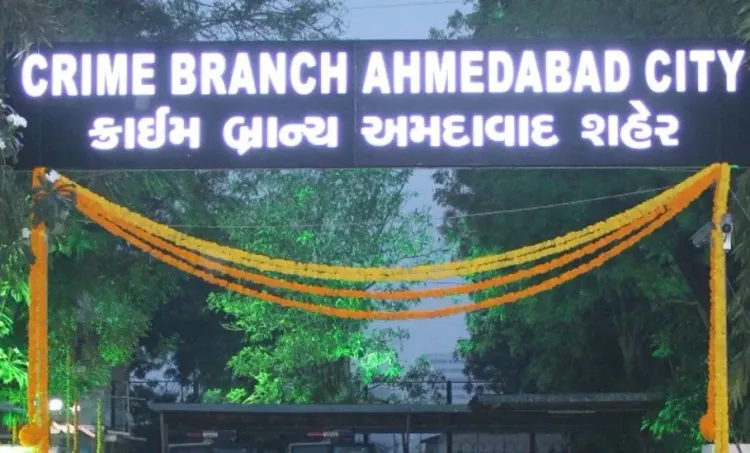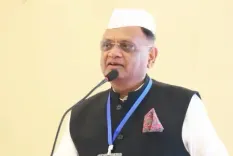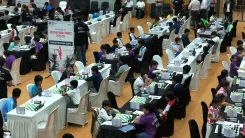Did the Gujarat Crime Branch Expose a Passport Racket for Illegal Bangladeshi Immigrants?

Synopsis
Key Takeaways
- Ahmedabad Crime Branch exposed a passport racket.
- Over 6,500 illegal immigrants detained in state operations.
- Identification of 500 suspicious passports under investigation.
- Political sensitivity surrounding Bangladeshi immigration.
- Need for stronger measures against document forgery.
Ahmedabad, May 12 (NationPress) The Ahmedabad City Crime Branch has revealed a scheme that involved the provision of Indian passports to illegal Bangladeshi immigrants utilizing forged documents.
The inquiry was triggered by the arrest of a Bangladeshi woman who had acquired an Indian passport through fraudulent means. Following this, investigations uncovered that three additional women had obtained passports using similar forged documentation.
Legal actions have been initiated against these women, while investigations have also led to the questioning of four suspected accomplices thought to be part of a larger network.
Moreover, police have identified two additional passports that were fraudulently obtained, which has led to a thorough examination of potentially hundreds of similar cases.
Department sources confirmed that over 500 suspicious passports are now under investigation, raising concerns that a more extensive syndicate involving agents and facilitators may be operating with a consistent method.
This revelation follows a major crackdown on illegal Bangladeshi immigrants by the Gujarat Police.
In a statewide operation, authorities detained over 6,500 suspected illegal immigrants, with more than 800 arrests made in Ahmedabad alone. One of the largest operations occurred in the Chandola Talav area, where the Ahmedabad Municipal Corporation executed a demolition drive against unauthorized settlements.
Approximately 4,000 illegal structures were demolished, clearing around 1.5 lakh square meters of encroached government land. The police continue to investigate the passport fraud network as part of broader efforts to combat illegal immigration and document forgery.
Government data and independent studies indicate that there may be between 10 to 20 million Bangladeshi nationals residing in India, many of whom entered the country unlawfully over the past several decades.
The states most impacted by this influx include West Bengal, Assam, Tripura, and parts of the Northeast, as well as urban centers like Delhi, Mumbai, and Ahmedabad.
The primary motivations for migration encompass economic opportunities, improved living conditions, and, at times, religious or political persecution. The porous border between India and Bangladesh—extending over 4,000 kilometers—has made it difficult to regulate illegal crossings.
In recent years, Indian authorities have escalated efforts to identify and deport illegal immigrants through initiatives like the National Register of Citizens (NRC) in Assam and targeted operations in metropolitan regions.
However, challenges related to forged documents, including voter IDs and passports, have complicated the identification of undocumented migrants.
The presence of Bangladeshi immigrants remains a politically sensitive topic, influencing public discourse and policy decisions regarding national security, citizenship, and demographic balance.






